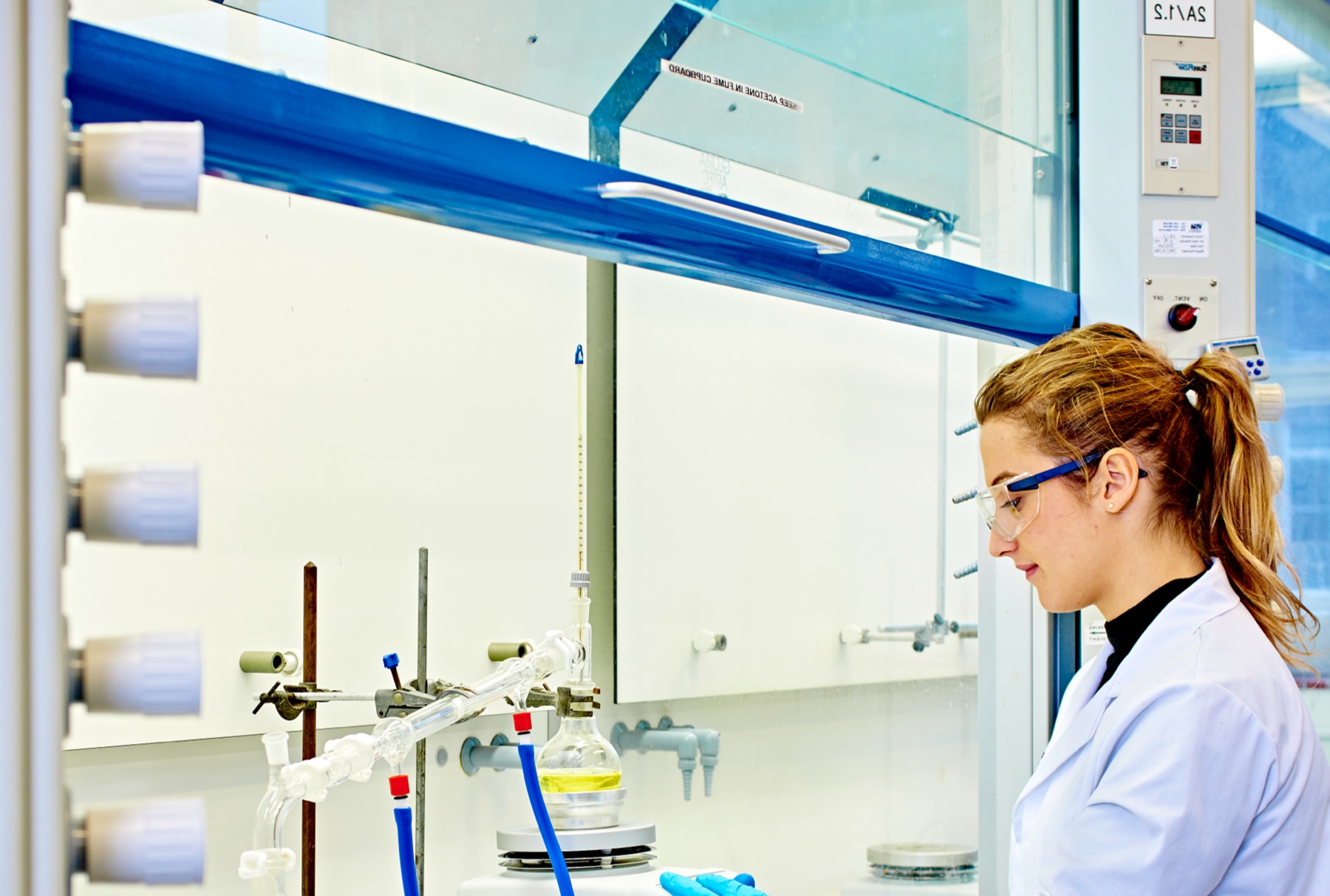BioFC Supergen: Supergen Biological Fuel Cells Consortium
We are developing novel fuel cell technologies using bacteria and enzymes.
Project leader
Dates
April 2010 to October 2014
Project staff
Dr Eileen Yu
Sponsors
Partners
University of Oxford, Animal Health & Veterinary Lab Agency, Chameleon Biosurfaces Ltd, MAST Carbon International Ltd, Morgan Advanced Materials and Technology
Description
The Consortium is developing advanced technologies that exploit the properties of biological systems for energy production. A fuel cell produces electricity from the reaction of a fuel with oxygen. The reaction occurs at a pair of electrodes instead of by combustion, which produces only heat.
Normally, fuel cells need expensive components. They need catalysts, such as platinum, and membranes. In contrast, biological fuel cells use whole organisms or isolated enzymes as catalysts. A membrane may not be necessary.
We are developing two kinds of fuel cell: microbial fuel cells (MFCs) and enzyme-based fuel cells (EFCs). MFCs have an important role to play in improving our environment and conserving energy. EFCs provide unique opportunities for new kinds of fuel cells. These include very small cells for niche applications such as implantable power sources.
MFCs use bacteria, held in contact with an electrode, to convert organic matter (the fuel) into electrical power. They can also remove (oxidising) contaminants from water supplies. The electrical power that is simultaneously produced offsets the energy costs for remediation.
EFCs exploit the high activities, efficiencies and selectivities of enzymes. In most cases, and particularly when attached to an electrode, their performance is far superior to man-made catalysts.
The Consortium combines expertise in several areas. We are advancing the field on several fronts. We are developing a clear understanding of:
- how microbes colonise electrodes
- how we can sustain useful bacteria and deter undesirable microbes from colonising
We are finding out better ways of transferring the electrical charge between bacteria and electrodes.
We are optimising the design of electrodes from cheap and abundant materials. We are focusing on such factors as surface chemistry porosity and conductivity.
We are designing novel fuel cells for small-scale special applications. We are finding new ways to replace platinum as the electrocatalyst for oxygen reduction.
